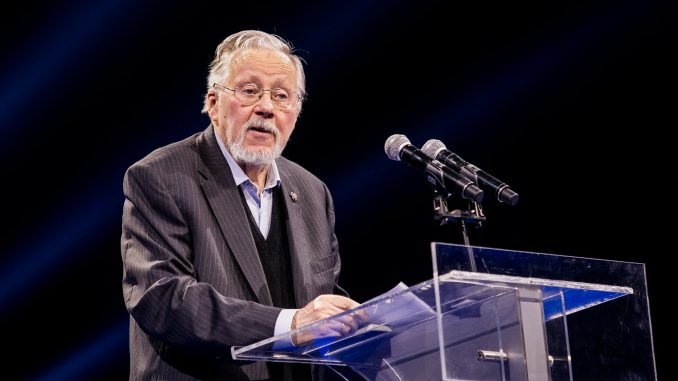
Centenary meeting, 26 March 2018, Geneva, Headquarters of the League of Nations
The great war of thrones, which erupted and went on disastrously, and then allegedly ended a hundred years ago, did not result in “a normal” imperial way.
Who appeared to be the winner? Who – the loser? Who acquired more lands? What was the sense?
It looked then that the main reasonable “profit” for the better post-war future would be a lesson – no sense, truly, justifying such gross misfortune! Never more such war…
Unfortunately, that was not the case, maybe, only some utopian dreams of several global idealists – pacifists. The war just made a pause. But it did open a new post-imperial era and we live in it, for it.
The losers (especially of lands) felt abused then and naturally called for revenge – revision. Very soon. The idea that they did lose not their own, but what was previously taken by force from those weaker, therefore, rightless smaller neighbouring nations, seemed even more artificial and unnatural like the end of human slavery. The changes bringing “new problems”, not opportunities…
There was the United States with a more than symbolic torch of freedom, which went along its own anti-slavery and anti-colonial experience, to claim in principle the end of slavery of nations. A propos, being the only winner of the Great War.
Then there went the famous right of national self-determination, proclaimed and likely “forever” established to be used for long-years captive Central European peoples. It was a positive great call of destiny for them – go and build up your own states! Either alone or in groups of cooperation doing that by one’s own will.
At the same time such new order (the so called Versaillian) could look favourably to limit appetites and calm down the former Central-Eastern European empires, especially the expansionist rivals Russia and Germany. Therefore it looked promising for – hopefully – the lasting international peace. Really, a very short-lived one, as peace was never treated as a victory. Gains, gains, gains.
Nevertheless, 1917-1922 was a time of significant national changes in Europe’s political structure and map. What we are celebrating now was the appearance or re-appearance of national states from Finland to Poland, eventually Ukraine (due efforts of Germany and Austria). Let us now see them as Five that succeeded in becoming states, as a creative will of building a bulwark of peace and cooperation between Russia and Germany. Building of a better Europe on the way to the forthcoming eventual free unification, should look a big deal of progress, but again it was not the case for everybody. The old imperialists have hated such changes and blamed them then and until now. The bulwark of Five democracies therefore plays continuously until today a special challenging role for European and global world peace.
Russia for them is centenary past, when Europe – their present and future. Never back.
Let us work for it and not only for ourselves. Let us totally reject the perversive idea that the collapse of Bastille was ever “a tragedy”. Maybe, for the guards, but not for the former prisoners. The tsarist Bastille stepped back, while European civilization of democracy got a chance to enlarge eastwards. That is the situation that we stand for. Ukraine, even after a lost century, is now in a line to become Europe. God bless it! Let the Five become Six.
Speech unedited.
